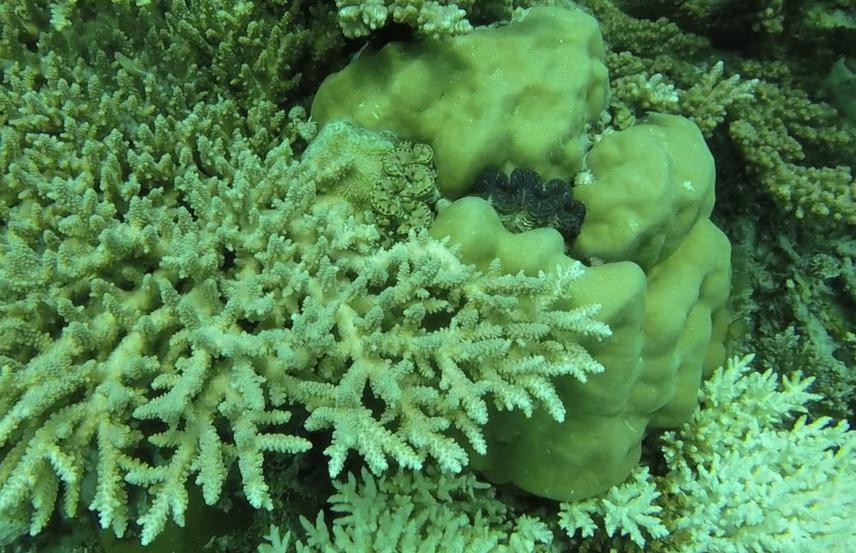Social media videos featuring the project.
Maldives 2016 coral bleaching
11 Jan 2017 North Ari Atoll, Maldives, Indian Sub-continent Marine | Corals
The aims of this study are to re-sample our monitoring sites to investigate the severity of the 2016 mass bleaching event and increase environmental awareness by involving citizen scientists in the collection of information and maintenance of reef monitoring practices.

Coral bleaching is occurring with increasing frequency and severity due to anthropogenic climate change and may soon occur annually on reefs worldwide, threatening the persistence of coral reef ecosystems. This last El Nino year saw the most severe bleaching event since 1998, but very little is known about the extent of coral loss in Maldives. Coral reefs in the Maldives are some of the more diverse reefs of the western Indian Ocean, nevertheless they are highly vulnerable to climate change and are exposed to high levels of human stress. During the 1st RSG
we have collected important data on coral cover and community composition before the 2016 mass bleaching event. Re-surveying the same exact sites following bleaching will provide information on the capacity of corals to resist and recover and hence persist in a changing climate. These pre-bleaching data provide a critical opportunity to quantify the extent of the stressor. By measuring coral cover one year after the event we can estimate coral loss. In the present study, we will re survey 7 sites (in 3 different atolls) that are exposed to different human impacts and management regimes (i.e. 3 resort islands, 4 uninhabited islands).
Importantly, in addition to the research conducted we plan to engage citizen scientists and local communities in the research being conducted; instilling longevity to the project after the funding has finished. This project aims to continue increasing the environmental awareness of the Maldivian society by involving local personnel in data collection and by advancing scientific understanding of reef resilience.